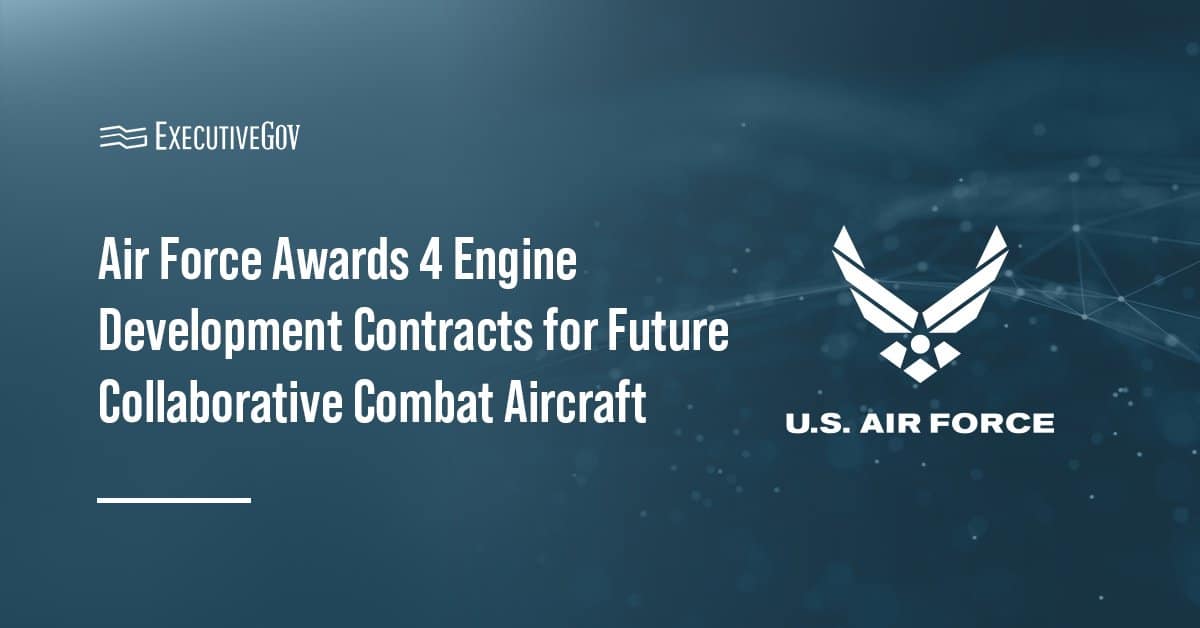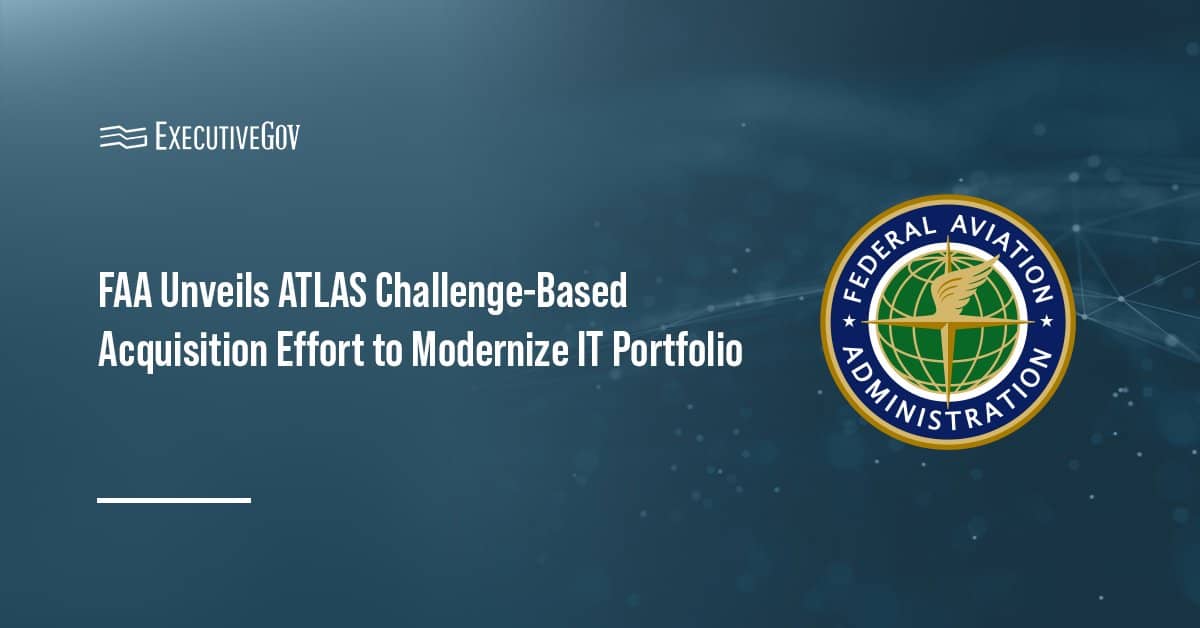 The U.S. Environmental Protection Agency and Energy Department have released the list of awardees for the 2016 edition of Energy Star Partners of the Year.
The U.S. Environmental Protection Agency and Energy Department have released the list of awardees for the 2016 edition of Energy Star Partners of the Year.Both agencies have recognized 149 businesses from 35 states for its actions that worked to address energy-efficiency and environment protection, DOE said Tuesday.
“Energy Star Partner of the Year Award winners help families, individuals, and businesses become more energy efficient,†said Energy Secretary Ernest Moniz.
Moniz said that the awardees have done a part to address utility bills, new jobs and greenhouse gas reduction.
Beazer Homes, The Home Depot and Verizon are among the 149 recognized in the partners of the year list, the report said.
Sally Bingham, Interfaith Power & Light president, will provide a keynote address at the Marriott Wardman Park Hotel where the awards will be presented.
The full list of awardees is available on the Energy Star website.





